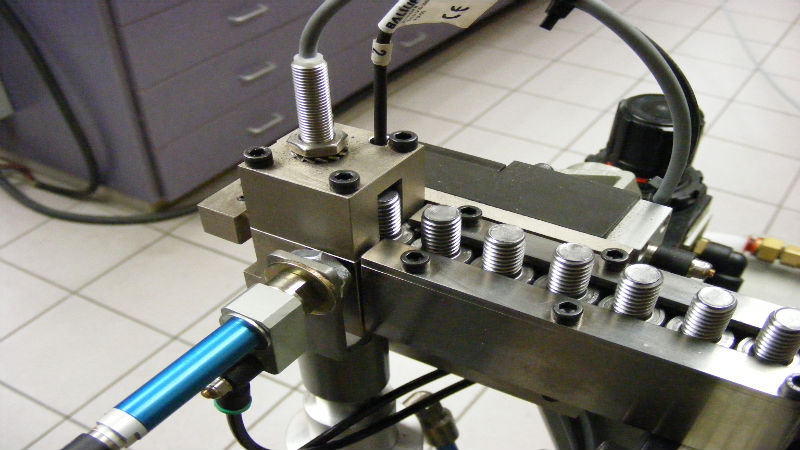Rust or corrosion inhibitors are commonly used in various industries and by individuals to prevent metal products and components from being eaten away by rust. A rust inhibitor is a protective coating. It is applied to the surface of the metal. Once it forms a thin layer on the metal surface, it guards against rust. While industries use diverse types, increasingly some are turning to a water based rust inhibitor to provide the protection they require for their metal parts and products.
What Is a Water Based Rust Inhibitor?
Water-based rust inhibitors are becoming popular. They were created to provide a viable and environmentally friendly alternative to the traditional solvent and oil-based rust preventatives. Like their more toxic counterparts, water-based corrosion inhibitors are applied to the surface of the metal where they form a protective film. Comparably, both are effective for both indoor and outdoor applications.
Why Choose Water-Based Rust Inhibitors?
Water-based rust preventatives are attractive to industrial concerns for several reasons.
- They usually do not contain VOC (Volatile Organic Compounds)
- They are easy and safe to use
- They are not only safe to store but present little to no difficulties in disposal
- They can be used directly or easily mixed in metalworking fluids including oil and grease
What is even more attractive is the cost. They are cheaper than most types of oils or solvents. Although surface preparation may be higher than for other rust inhibitors, a water-based rust inhibitor produces impressive results on metal surfaces inside or outdoors.









